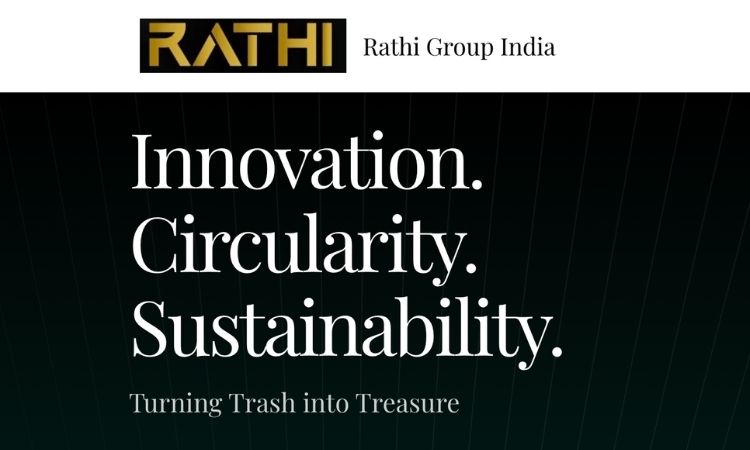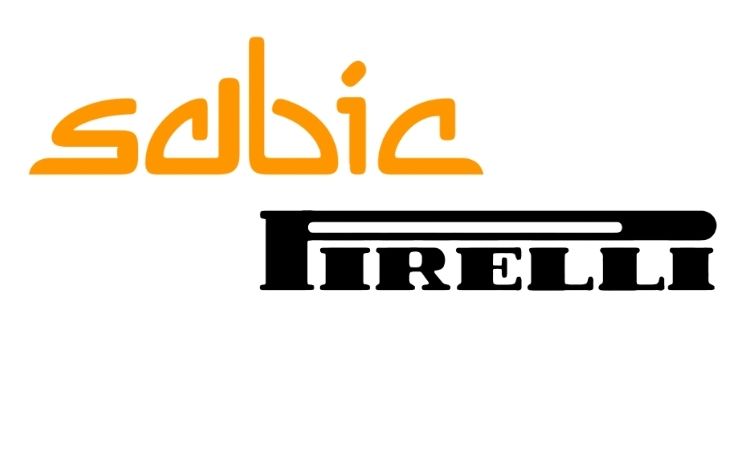Kal Tire’s Maple Program: advancing sustainability in mining tire management
Kal Tire’s Mining Tire Group is driving positive change in the mining sector with its Maple Program, which quantifies and rewards oil and carbon emissions savings. This initiative supports the industry’s commitment to sustainability by providing customers with validated data on CO2 and oil savings achieved through retreading or repairing existing tires instead of purchasing new ones.
The Maple Program awards customers with a certificate rated from 1 to 5 maple leaves based on the percentage of the fleet or total tonnage of tires that have utilized these sustainable solutions. By retreading or repairing tires, significant CO2 savings can be achieved, sometimes totaling hundreds of tonnes. This approach also reduces the need for raw materials and production energy, addressing the environmental impact of manufacturing new tires.
As environmental scrutiny intensifies, companies are increasingly seeking ways to demonstrate their emissions reduction efforts. Over the past year, there has been notable growth in companies reporting their retread and repair CO2 savings through the Maple Program, particularly in relation to their Scope 3 emissions, which involve activities from external assets brought into operations, such as tires.
According to Kal Tire's interview to African Review, key African customers have incorporated the Maple Program's emissions data into their ESG reporting to help reduce Scope 3 emissions and promote sustainable business practices. The program undergoes annual validation to ensure CO2 savings figures are accurate, reflecting local emission factors and updated raw material figures from the International Energy Agency (IEA).
Since its introduction in 2019, the Maple Program has seen a rapid increase in interest from the mining community, particularly within Africa. Kal Tire’s initiatives like Ultra Tread, a retreading technique that restores tires to their original tread depth, have further underscored the company’s dedication to sustainability and innovation, setting a benchmark for environmentally responsible practices.
Source: African Review
Weibold is an international consulting company specializing exclusively in end-of-life tire recycling and pyrolysis. Since 1999, we have helped companies grow and build profitable businesses.









